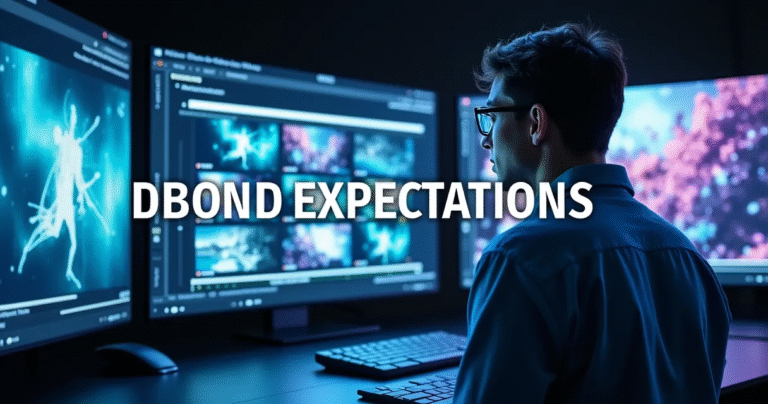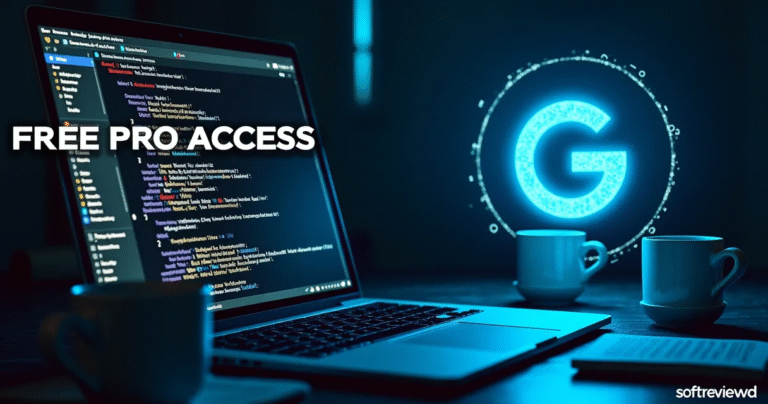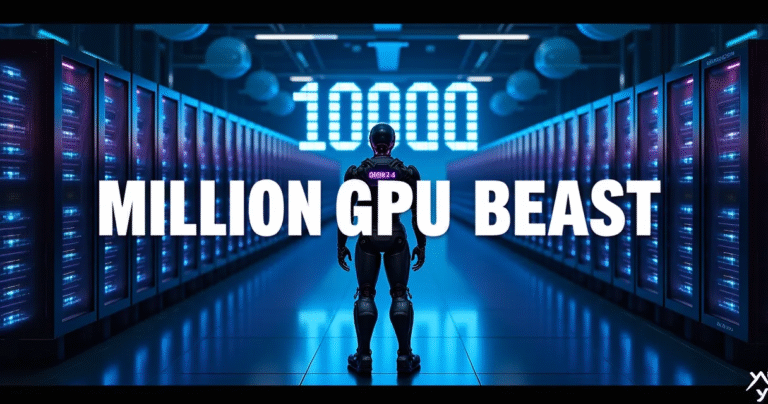🔍 ChatGPT Search: Now Free for Everyone!
Discover the enhanced search capabilities now available to all ChatGPT users
🎉 Free Access for All
OpenAI has made ChatGPT Search available to all users, regardless of subscription status.
⚡ Enhanced Features
Improved mobile and desktop interfaces with images, ratings, and business hours – resembling traditional search engines.
🎯 Faster & More Accurate
Get quicker and more precise search results, including real-time information and embedded media content.
🏆 Google Competitor
Experience cleaner search results without ad clutter, positioning as a strong alternative to traditional search engines.
📱 Better User Experience
Enjoy personalized, interactive searches with detailed business maps and in-app navigation options.
ℹ️ Limitations
While powerful, users should be aware that AI models may occasionally produce inaccuracies in search results.
The artificial intelligence scene just got a major shake-up. OpenAI has announced that ChatGPT search is now free for all users, marking a significant shift in how we access information online. Previously a perk for paying subscribers, this move opens up the web browsing capabilities of ChatGPT to a much wider audience. Are traditional search engines, like Google, about to face some serious competition? We'll explore this and more, looking at what the free ChatGPT search offers, its potential impact, and where this technology might lead us. This move has ignited considerable discussion around AI search and its potential to disrupt the traditional landscape.
ChatGPT Search: Unlocking Web Access for Everyone
So, what exactly does this mean? Essentially, the web browsing feature that was previously exclusive to ChatGPT Plus and Team accounts is now available to anyone with a free OpenAI account. This isn’t just about accessing current information; it's about leveraging ChatGPT's conversational AI to interact with the web in a completely different way. Imagine asking a question and getting not just links, but a well-structured answer drawn from multiple sources, all within a conversational context. That’s the promise of free ChatGPT search.
This isn't a brand new feature; it was initially launched for paid users in October 2024. However, making it free has dramatically increased its accessibility. The official announcement by OpenAI on December 16, 2024, confirmed that free users could now use the search function. This move is geared towards making the technology more widely available and to test its efficacy across a larger user base.
How Does ChatGPT Search Work?
The core idea is to let you ask questions in a natural, conversational way, just like you’d chat with ChatGPT normally. When a query requires up-to-date information, ChatGPT will now pull that information from the web. It not only presents the information but also cites its sources, allowing for verification. You can also choose to explicitly trigger a web search within the chat if you need the most current data. This process differs significantly from traditional search engines, which mostly offer links you then have to sift through yourself.
Instead of just getting a list of links, you receive a conversational answer that's synthesized from various online sources. This can significantly shorten the time it takes to get comprehensive information on any topic. It also allows you to ask follow-up questions, and ChatGPT considers the full context of your chat to refine its answers. It’s a more dynamic and interactive search experience.
The Impact: What's in It For You?
This move has significant implications for both users and the search engine landscape. Here are some benefits:
- Faster and More Accurate Results: 🚀 ChatGPT Search provides results tailored to your question, often cutting through the noise of typical web pages. This can save you time and provide more direct answers.
- Embedded Media: ✅ It now integrates embedded content such as YouTube videos, images, and maps, directly into your search results. This eliminates the need to open multiple tabs or different platforms.
- Cleaner Results: 📌 Unlike traditional search engines, which can be cluttered with advertisements, ChatGPT Search offers a cleaner interface focused on the information you need.
- Conversational Search: 🤔 The ability to ask follow-up questions and have ChatGPT consider the entire context of your chat adds a new layer of engagement, making the research process far more interactive.
The Challenges and Considerations 🤔

It's not all smooth sailing, though. There are a few aspects to consider:
- Potential for Inaccuracies: ⛔️ Like any AI, ChatGPT can still hallucinate or provide inaccurate information. While it does cite sources, verifying these sources remains important. The quality and accuracy will be critical for user confidence.
- Market Share: Even though ChatGPT search is now accessible to everyone, it is crucial to consider that Google currently has a significant market share, dwarfing that of ChatGPT's search capabilities. While it will be interesting to see how this develops over time, it is not expected that ChatGPT will immediately rival Google in terms of market share.
Expert Takes: Industry Perspectives
“I can't imagine ChatGPT without search now: I use it so often,” stated Kevin Weil, Chief Product Officer at OpenAI. This comment underscores the significance of the integrated search feature and the belief that this is now an indispensable aspect of the tool. This suggests that OpenAI sees search as more than just a feature but a core capability of their AI platform.
Adam Fry, OpenAI's ChatGPT Search product lead, further noted, "We're really just making the ChatGPT experience that you know better with up-to-date information from the web.” This clarifies that the goal isn't to create a separate search engine but to enhance the existing conversational AI capabilities of ChatGPT.
ChatGPT Search vs Traditional Search: A Quick Comparison
To better illustrate how ChatGPT search differs from traditional search engines, here’s a comparison table:
| Feature | Traditional Search Engines (e.g., Google) | ChatGPT Search |
|---|---|---|
| Search Interface | List of links | Conversational, AI-driven |
| Result Presentation | Links, ads, sponsored content | Summarized information, embedded media, cited sources |
| Context Handling | Limited | Considers context from past interactions |
| Media Integration | Links to other sites | Embedded videos, images, maps |
| Ad Clutter | Heavy | Minimal |
| Conversational | Not a focus | Main focus |
Where Is This Headed? 🚀
OpenAI is actively developing and improving this feature. They have already indicated that they plan to enhance the search experience further, especially in categories like shopping and travel. This will likely involve leveraging their advanced AI models to conduct even more in-depth research. We can also expect a faster mobile experience, an advanced voice mode, and improvements across all areas. It's clear that AI-powered search is still in its early stages, but it’s advancing rapidly.
As ChatGPT search becomes more widespread, it is likely to influence how content is created and optimized. Content creators and marketers need to consider how AI models access information. While search engine optimization (SEO) strategies focusing on human readability will still be key, it will also be important to ensure that content is well-structured for AI models as well. This includes ensuring that your information is credible, reliable, trustworthy, and informative.
Is Amazon’s Nova AI a Threat to ChatGPT’s Free Search Features?
As AI technology evolves, the debate intensifies: “amazon nova or chatgpt: choosing the best” platform can significantly impact search functionalities. With Amazon’s Nova AI promising advanced capabilities, users must consider which tool better meets their needs for free information retrieval and conversational engagement. The competition is heating up.
The Takeaway: A New Era of Information Access
The move to make ChatGPT search free for all is not just a simple feature release; it signifies a change in the way we interact with the web. By combining the power of conversational AI with real-time information, OpenAI is offering a compelling alternative to traditional search engines. While it's not a perfect solution yet, its potential is undeniable. It’s a step towards a more intuitive and interactive experience for all. This accessibility has the potential to significantly increase adoption and impact how people obtain information in the future.
ChatGPT Search Evolution Timeline
This timeline visualizes key milestones in ChatGPT Search’s development and projected market impact.







